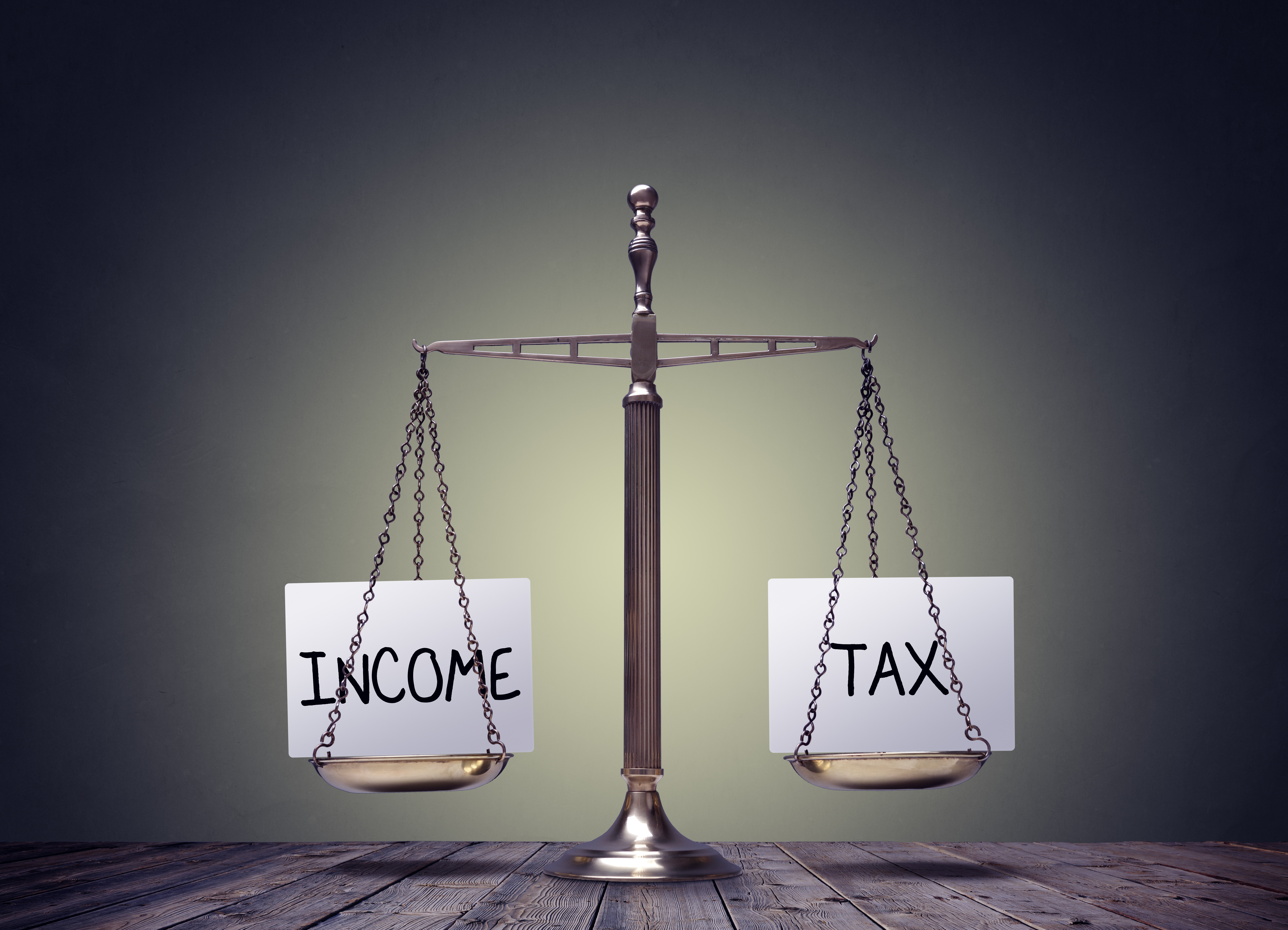Supreme Court refusal to hear N.H. tax case puts all remote workers’ cross-border income in jeopardy
The U.S. Supreme Court on Monday declined to hear New Hampshire’s lawsuit challenging the constitutionality of a Massachusetts rule taxing non-resident remote workers. The decision puts remote workers anywhere in the world at risk of having their incomes permanently taxed by the state where their employer is located.
“It’s hard to see a limiting principle that would restrain states from taxing remote workers going forward, particularly given the Biden administration’s brief to the court arguing that states have the authority to do that,” Josiah Bartlett Center for Public Policy President Andrew Cline said.
The Biden administration argued in a brief to the court that because remote workers benefit from government services provided to their employers, a “telecommuting employee’s physical location thus need not map precisely onto the location of the governmental services needed to support that employee’s work.”
Massachusetts’ rule was intended to be temporary for the duration of the COVID-19 emergency. However, six states already have permanent rules that tax the incomes of telecommuters who work from home for their own convenience. The Supreme Court’s decision to let Massachusetts’ rule stand not only keeps these rules in place, but could encourage the further expansion of remote worker taxation.
New York, Connecticut and four other states have what are known as “convenience of the employer” (COTE) rules that tax remote workers’ incomes if they work out-of-state for their own convenience, rather than out of necessity.
Under these rules, if a remote worker has to work in another state, his or her income is not taxed. But if the worker chooses to work in another state purely for his or her personal convenience, the income is taxed. Arkansas, Connecticut, Delaware, Nebraska, New York, and Pennsylvania had COTE rules before the pandemic. The Tax Foundation has a good COTE explainer here.
The Supreme Court’s refusal to hear New Hampshire’s case leaves such COTE taxation of remote workers intact. But it also has the strong potential to encourage blanket remote worker taxation under the Biden administration’s theory that states may tax any employee of a company located within their borders because state services benefit both the company and all of its employees.
The Biden administration’s brief could even prompt local governments to tax remote worker incomes. It specifically mentioned local services such as roads and fire protection as justifying the taxation of remote workers.
Refusing to hear New Hampshire’s case does not mean that the issue is settled, Edward Zelinsky, professor at the Benjamin Cardozo School of Law in New York City, told the Josiah Bartlett Center.
“I am disappointed that the Supreme Court would not hear this case but the Court’s denial is the beginning not the end of the process,” Zelinsky said. “It will now be necessary for individual taxpayers to start their own challenges to New York’s and Massachusetts’ unconstitutional taxation of remote workers. I am confident that these challenges will soon begin.”
Professor Zelinsky has sued New York over a similar remote taxation policy. He filed an amicus brief in New Hampshire’s case. The states of Connecticut, Hawaii, Iowa and New Jersey also filed briefs supporting New Hampshire.
Writing in March for the American Bar Association, two Louisiana attorneys argued that a U.S. Supreme Court ruling on remote taxation is needed because the increasing prevalence of remote work is likely to generate more competition among states for revenues generated by the incomes of remote workers.
“If states continue to struggle with declining tax revenues in 2021 and 2022, there will likely be even fiercer competition for those tax revenues between states where the employer and its primary offices are located and those whose residents, prior to the pandemic, regularly commuted to those states for work.”


